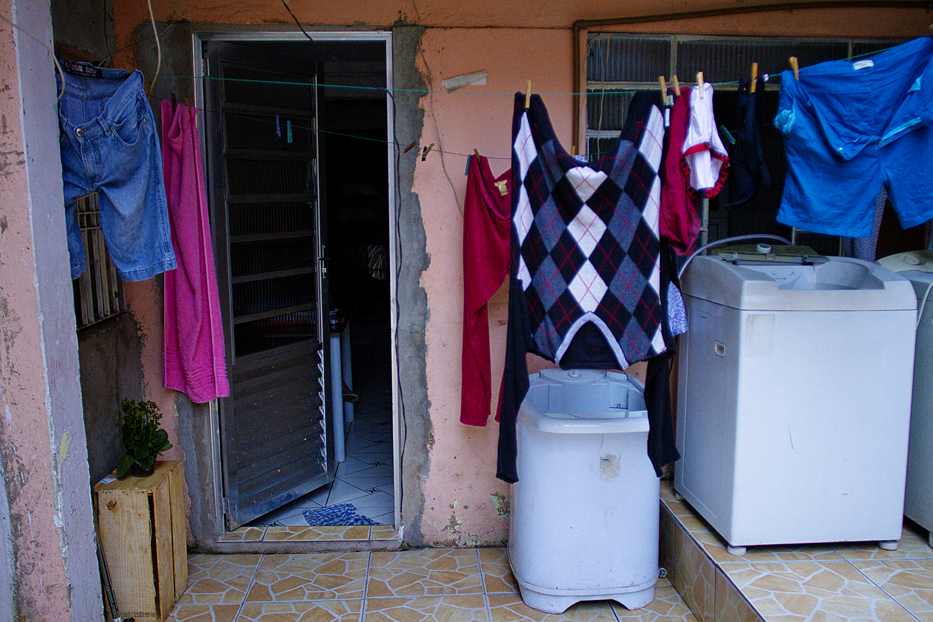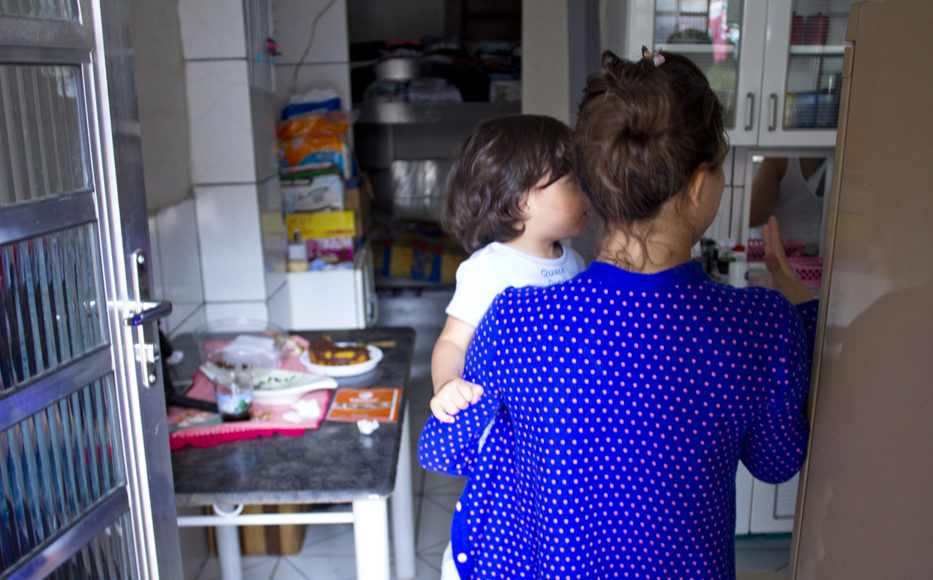

Another rule for the rich
But this is by no means, in practice, the rule. Research into the treatment of young, poor and black women by two academics, Ana Gabriela Braga and Naila Ingrid Chaves Franklin, concluded that “the female gender is discriminated against, with the idea of motherhood and criminality often considered socially irreconcilable.” House arrest, which has been applied to key figures in Operation Car Wash even after they have been convicted, encounters strong resistance from judges when the defendants are ordinary people. Seventy to eighty percent of women in pre-trial detention in São Paulo should be at home, according to Patrick Cacicedo, a public defender who specializes in the rights of the incarcerated. “It is very difficult to achieve,” he said. “The vast majority of women are arrested for trafficking small amounts of drugs, without violence and without weapons. As to a woman being allowed to serve her sentence under house arrest, like several of those accused in Car Wash, I personally cannot remember such a case in São Paulo.” The rights of suspects and convicts to serve house arrest are defined by two different laws. Brazil’s Law of Penal Sentencing allows house arrest for convicts over 70 with a serious illness, a minor child or someone with a physical, mental or physical disability. “House arrest in [that law] is limited to specific situations. Unless they are more than 70 years of age, have a serious illness, etc, the law does not apply to them,” said criminal lawyer Lucas Sada. “Judges have some leeway [in the granting of plea bargains]. They can give judicial pardon, reduce the sentence by up to two-thirds or replace that sentence with a penalty restricting civic rights, among other things. But house arrest is not mentioned. Therefore its application [in Car Wash] is clearly illegal.” According to the Federal Court of Paraná, which is administering the case, on July 4 there were seven Car Wash defendants under house arrest, 17 with electronic tags and two with both restrictions. But the huge investigation has also spawned many offshoots, including one that ensnared Eike Batista, once Brazil’s richest man. He has been awaiting trial under house arrest after his arrest in April. There is no current federal data on house arrests in Brazil and all but two states did not respond to a request to provide it under freedom of information laws. Statistics from the National Council of Justice (CNJ), dating from 2014, show that just over 20 percent of the prison population of 711,463 were under house arrest. There was no gender split or a breakdown of whether these people were awaiting trial or serving a sentence. Under house arrest, people may be allowed out to work or not, they may receive unannounced inspection visits and must periodically appear before the court. In any case, they must bear their own costs and comply with the judge’s orders. This is difficult for the few women who achieve house arrest, who are often single mothers without savings or a support network, according to Michele Rosa, who is responsible for the Mothers in Prison program of the public defenders’ office in São Paulo. She cites the case of Adriana Ancelmo, the wealthy wife of arrested former Rio de Janeiro state governor Sérgio Cabral, who is under house arrest in her luxury apartment, unable to go out, or use the internet or telephone. “The judge [does not] see that women need to work, take their child in school, take them to be vaccinated, to the doctor. They think women have a support network that they do not have. They are usually single women responsible for the care and support of their children.” In a video on the legal website Justificando, lawyer Igor Leone presents a hypothesis. “When you are the white businessman and a wealthy man, you betray everybody, you are praised in the press and you have different penalties. That right is only for the white man. It fulfills the main requirement of the penal system, which is the maintenance of privilege. The demarcation is there to reinforce the historical mission of incarceration, which is to regulate misery.” Despite her difficult life, Vitória is relieved to have left prison and feels “privileged” among the mothers she met there, many of whom are unable to change course. “When I left, I left everything I had for the mothers with babies there,” she said. “It’s very difficult, there are people who have no family, they have nothing.”This report was produced by LAB partner Agência Pública, a non-profit investigative journalism agency based in Brazil. This is a translation of the original version, published in Portuguese here.


